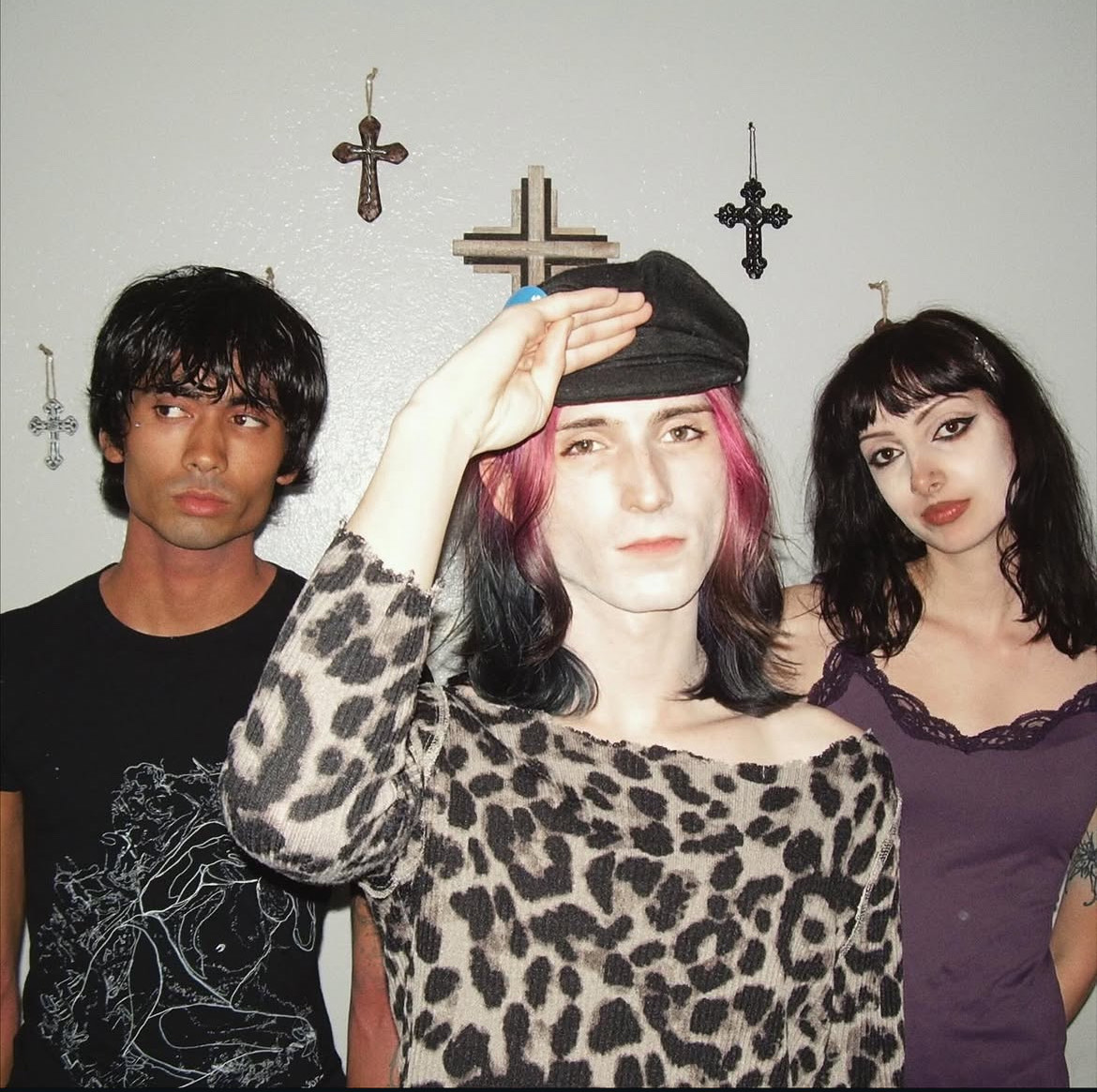Regarded as one of the greatest stories of all time, “Animal Farm” is an allegorical novel told in the form of a beast fable, about the Russian Revolution. Originally published on Aug. 17, 1945, the book is going on its 80th year, and its message has never been more relevant.
The animals who inhabit Manor Farm, owned by Mr. Jones, are mistreated and tired of their conditions, actively seeking a way out. Collectively, incited by Old Major, the animals rebel against their human leaders and establish their own republic called the Animal Farm, where they live under the motto “All Animals Are Created Equal”.
In the legacy of Old Major, the farm is headed by three pigs who emerge as the leaders of their new union. However, in a familiar turn of events, the pigs begin to garner large amounts of power while the other animals do their dirty work.
The once trusted and respected animals are betrayed, the Seven Commandments that once guided the animals on the farm are changed and forgotten, and an oppressive, autocratic regime is yet again imposed upon the land.
This story does an impeccable job of taking such a complex, divisive idea and simplifying it down to the lives of stinky farm animals. Once the story picks up, the once simple plot unfolds into its true convolution and concocts a story of dictation and revolution.
Orwell subverts the expectation that you have for the story from the beginning, constantly dropping hints and then diverting your attention to other aspects of the story. In the beginning, we think that Old Major will live as the leader of Animal Farm, but out of nowhere, he dies and the other pigs take his place. From here, we think that they will carry out his policy and attitude, and they do to an extent. However, things start to change and we’re forced to accept it with the uneducated animals.
The pigs keep resources for themselves, write laws in their favor, and even use the same things the humans used, which Old Major and the others on the farm instructed were to remain untouched.
Orwell paints the humans to be the worst characters, inserts the pigs as the saviors, and then slowly turns them into what they had been fighting in the first place.
It was a warning about the dangers of the ruling class. In this case, the workers, or the socialists, are the animals on the farm that are being oppressed by the ruling class, which is Mr. Jones and the other landowners on the neighboring farms. When Old Major addresses his ideas, it’s led by a philosophy of having no ruling class and living in peace.
However, when the pigs lead the revolution, they become the new rulers, which is the opposite of what Old Major intended. I think that it goes to show that to achieve true freedom and peace, power cannot be concentrated in a single person or institution, because power is power, regardless of where it comes from.
George Orwell perfectly encapsulates the Russian Revolution, with each character representing a major player in the historical sequence. He takes such a layered political idea and breaks it down into consumable media to be passed down from generation to generation.
“The creatures outside looked from pig to man, and from man to pig, and from pig to man again, but already it was impossible to say which was which.”
Any form of government will never give you the freedom that you want. You can have a savior or a leader who says they are preserving your independence, but at the end of the day, you’ve given them power.
They have your will. They have your freedom.
“The animals were not certain what the word meant, but Squealer spoke so persuasively, and the three dogs who happened to be with him growled so threateningly, that they accepted his explanation without further explanation.”















